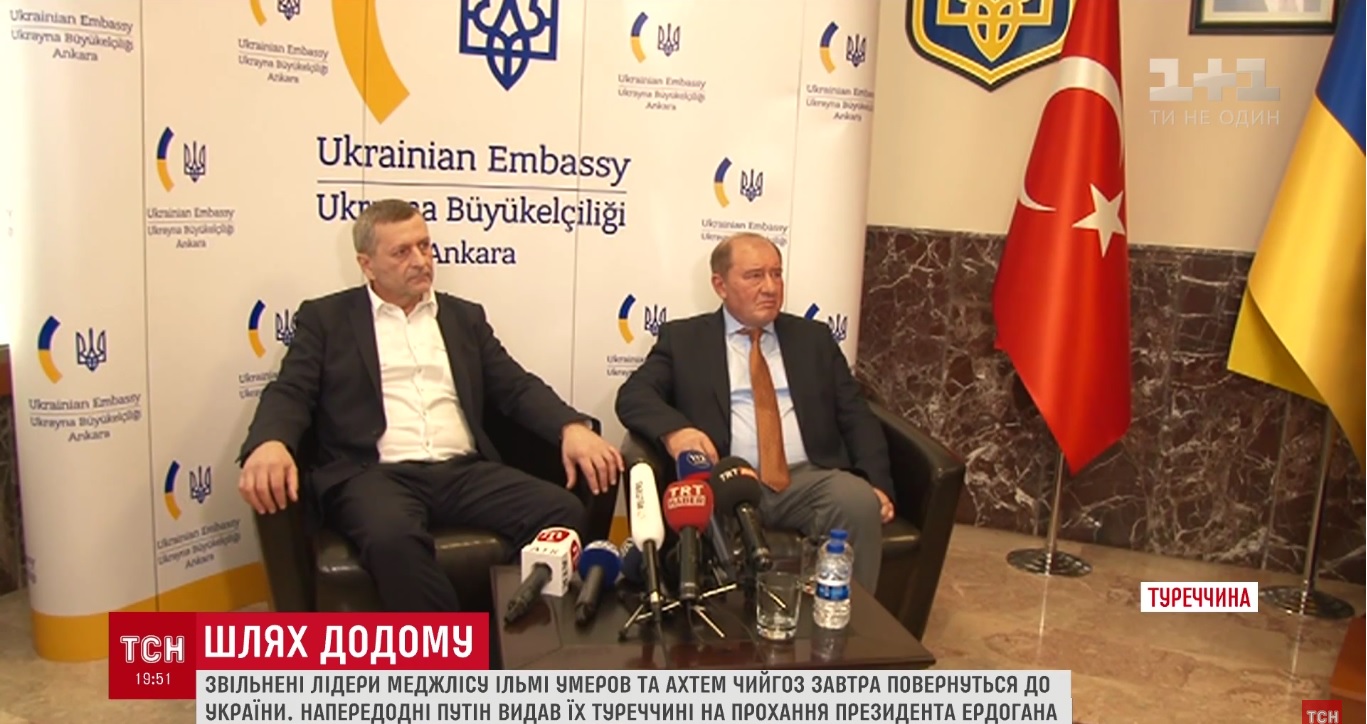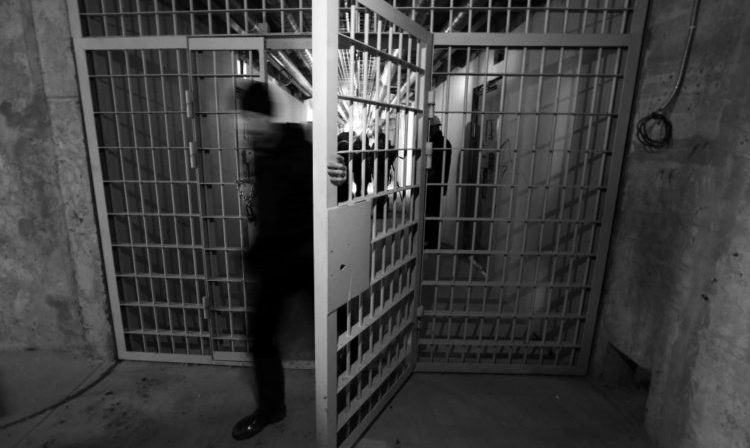Vladimir Putin’s freeing and then expulsion abroad of Ilmi Umerov and Akhtem Chiygoz, two leaders of the Crimean Tatar Milli Mejlis, follows the scenario the Soviet Union used under Leonid Brezhnev when it expelled political opponents and Jewish refuseniks, Vitaly Portnikov says.

That is, the Ukrainian commentator continues, Moscow did so “secretly, by secret decrees and to that Western country which was prepared to serve as a place of asylum or transit.”
Indeed, one can say, Portnikov argues that Umerov and Chizygoz are also ‘prisoners of Zion,’ with this difference: their people is already in its historical motherland and seeks recognition of its right to determine the fate of Crimea without ‘polite little green men’” and other Putinist inventions.
“In Soviet times, the country which was concerned about the freedom and security of its heroes was the State of Israel. But Israel, if one is honest, did not have great influence on the anti-Semitic Kremlin elders who could not forgive the small country for the defeat of the Arab armies and their Soviet advisors in the Six Day War of 1967.”
Fortunately, Israel received help from the international community and “above all the Jewish community of the US. It turned out that the Soviet leaders did not find it so easy to say no to American presidents. The White House had levers on the Kremlin then and now,” the Ukrainian commentator continues.
Ukraine has now received help from Türkiye because while Moscow can “ignore Poroshenko,” it is “much more difficult for it to ignore Erdogan.
There is another parallel in these two situations which is even more important. “The liberation of ‘the prisoners of Zion’ showed that the Jewish movement in the Soviet Union really existed, that it had to be taken into account and that repressions against its activists could lead to undesirable consequences for the USSR leadership,” such as the Jackson-Vanik Amendment.
And that in turn means, Portnikov continues, that the Crimean question whatever Moscow propagandists say, is “hardly closed just as the Jewish question was not closed after the latest ban on departures from the USSR. The will of peoples, even small but free ones, always is stronger than the will of dictators.”
Read More:
- Imprisoned Crimean Tatar leaders Chiygoz and Umerov released by Russia, flown to Türkiye
- Who is Ilmi Umerov, the Crimean Tatar Russia so fears?
- Russia’s show trial and sentence against Crimean Tatar leader Chiygoz. What you need to know
- Due to political repression, nearly hundred Crimean kids grow up without fathers
- Remember the Crimean Tatars jailed for resisting Russian occupation
- World powers, human rights organizations indignant about Russia’s conviction of Crimean Tatar leader
- “See you in the Hague!” Last word of Crimean Tatar leader Umerov on Russian show trial
- EU Parliament demands Russia release 47 Ukrainian de facto political prisoners, urges sanctions
- Four Crimean Tatars detained in new wave of religious persecution








